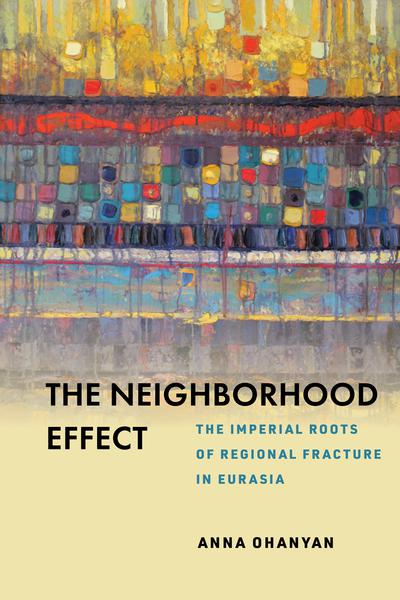Carnegie does not take institutional positions on public policy issues; the views represented herein are those of the author(s) and do not necessarily reflect the views of Carnegie, its staff, or its trustees.

Carnegie does not take institutional positions on public policy issues; the views represented herein are those of the author(s) and do not necessarily reflect the views of Carnegie, its staff, or its trustees.
The World Unpacked is a monthly foreign policy podcast that breaks down the hottest global issues of today with experts, journalists, and policymakers who can explain what is happening, why it matters, and where we go from here.
1779 Massachusetts Avenue NW
Washington, DC 20036-2103
Phone: 202 483 7600
Fax: 202 483 1840
In a complex, changing, and increasingly contested world, the Carnegie Endowment generates strategic ideas and independent analysis, supports diplomacy, and trains the next generation of international scholar-practitioners to help countries and institutions take on the most difficult global problems and safeguard peace.
Learn MoreBy using this website, you agree to our cookie policy.
You are leaving the website for the Carnegie-Tsinghua Center for Global Policy and entering a website for another of Carnegie's global centers.
你将离开清华—卡内基中心网站,进入卡内基其他全球中心的网站。
